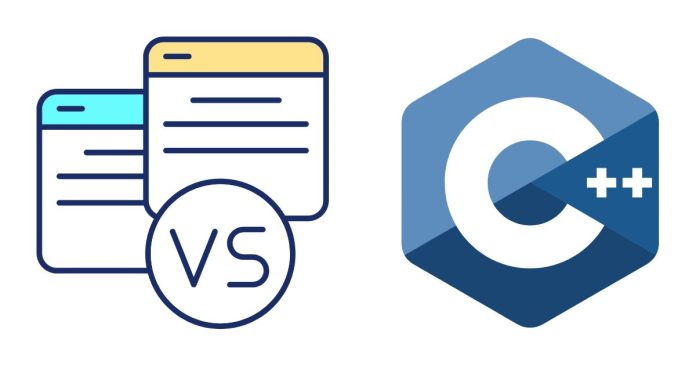Pointers and handles in C are concepts used for referencing and accessing data in memory. While they share similarities, they are distinct in their implementation and usage. Here’s a detailed comparison:
1. Pointer
Definition: A pointer in C is a variable that stores the memory address of another variable. It directly points to the memory location where the data is stored.
Key Characteristics:
- A pointer directly accesses memory using the stored address.
- Pointers allow for direct manipulation of data.
- Can perform arithmetic operations (e.g., incrementing, decrementing to traverse arrays).
- Syntax involves the
*operator for dereferencing and&operator for referencing.
Example:
#include <stdio.h>
int main() {
int x = 10;
int *ptr = &x; // Pointer stores the address of x
printf("Value of x: %d\n", *ptr); // Dereference to get value
printf("Address of x: %p\n", ptr); // Prints address of x
return 0;
}
Pros:
- Provides direct memory access and manipulation.
- Useful for dynamic memory allocation (
malloc,calloc,free). - Allows efficient array traversal.
Cons:
- Prone to memory errors like dangling pointers, segmentation faults, and memory leaks.
- Requires careful management by the programmer.
2. Handle
Definition: A handle is an abstraction for a resource (e.g., a file, window, or memory block) that is typically represented by an opaque identifier, like an integer or a pointer. Handles do not directly give access to memory or resources but serve as a reference for operating on them.
Key Characteristics:
- Handles abstract the resource and may internally use a pointer or an index.
- Operations on a handle require passing it to system calls or APIs, which manage the resource.
- Handles are often used in operating systems or libraries to hide implementation details from the user.
Example: Handles are not a native C concept but are commonly used in system programming, such as working with files:
#include <stdio.h>
int main() {
FILE *fileHandle = fopen("example.txt", "r"); // Handle for a file
if (fileHandle) {
// Read or write to the file using the handle
fclose(fileHandle);
} else {
printf("Error opening file.\n");
}
return 0;
}
Pros:
- Provides a level of abstraction and safety.
- Reduces direct memory manipulation, minimizing errors.
- Commonly used in APIs to manage complex resources.
Cons:
- Indirect access can add overhead compared to direct pointers.
- Less flexible than pointers for low-level operations.
Key Differences Between Pointers and Handles
| Aspect | Pointer | Handle |
|---|---|---|
| Definition | Stores a direct memory address. | Abstract reference to a resource. |
| Access | Directly dereferenced to access data. | Requires API or system call to interact. |
| Flexibility | Allows memory arithmetic and direct access. | Restricted to operations allowed by the system. |
| Usage | For low-level memory operations. | For abstract resource management. |
| Error-Prone | Susceptible to memory errors. | Safer due to abstraction. |
When to Use:
- Pointers: Use when direct memory access and manipulation are required, such as in low-level programming, dynamic memory allocation, or working with data structures like linked lists.
- Handles: Use when working with system resources or APIs where abstraction is needed, such as managing files, threads, or graphical objects.
By understanding the differences, you can decide which approach best suits your programming needs.


